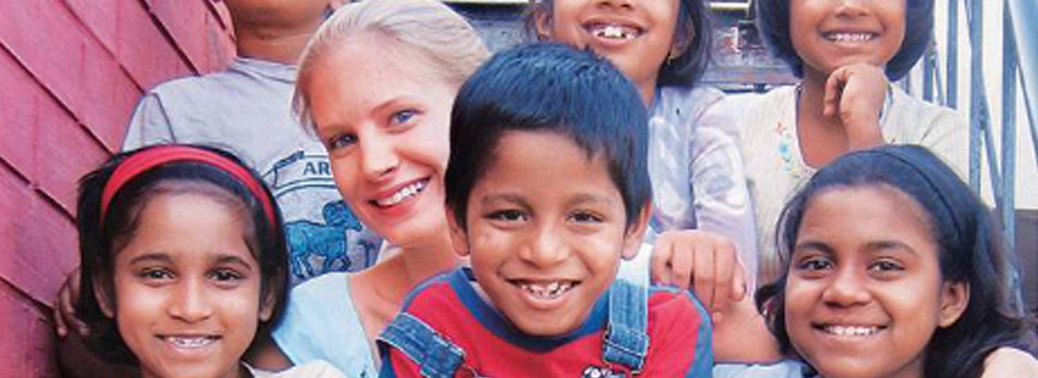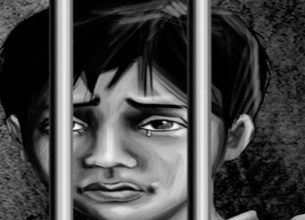CENTRAL ADOPTION RESOURCE AUTHORITY (CARA)
28, Jan 2020

Prelims level : Constitutional Bodies, Regulatory Bodies
Mains level : GS-II Statutory, Regulatory and various Quasi-Judicial Bodies.
Why in News?
- CARA has begun a nationwide capacity building programme for social workers who help assess the suitability of the adoptive family and prepare a child for a New Home.
About CARA:
- Central Adoption Resource Authority (CARA) is a statutory body of Ministry of Women & Child Development, Government of India.
- It functions as the nodal body for adoption of Indian children and is mandated to monitor and regulate in-country and inter-country adoptions.
- CARA is designated as the Central Authority to deal with inter-country adoptions in accordance with the provisions of the Hague Convention on Inter-country Adoption, 1993, ratified by Government of India in 2003.
- CARA primarily deals with adoption of orphan, abandoned and surrendered children through its associated /recognised adoption agencies.
What does the Hague Convention says?
- The Hague Convention protects children and their families against the risks of illegal, irregular, premature or ill-prepared adoptions abroad.
- Safeguards in place to make sure that all inter country adoptions are in the best interests of the child and respects their human rights,
- A system in place of cooperation among countries to guarantee that these safeguards are respected, and to prevent the abduction of, sale of, or traffic in children.
What are the Eligibility Criteria for Adoptions?
- The eligibility criteria under Adoption Regulations, 2017, permit single women to adopt a child of any gender, while single men can adopt only boys.
- When a married couple seeks to adopt a child, it needs to give its consent for adoption and should be stable marriage for at least Two Years.
- Individuals in a live-in relationship can be able to adopt children from and within India.
What are the challenges faced in adopting a child?
- The Central Adoption Resource Authority (CARA) has recorded many instances of disruption over a period of five years between 2014-15 and 2018-19.
- “Disruption” refers to the circumstance that occurs when an adoption process is stopped after the child is placed in an adoptive home but before the adoption is finalized legally. The term “dissolution” describes an adoption that ends after legal finalization.
- It records six in 400 children being returned at an advanced stage of adoption. On an average there are 4,000 legal adoptions annually within and from India.
- There are problems in adjustment between their previous adopted child and the newly adopted one.
- The child is unable to forget the relationship it had developed with the earlier family with whom it had spent and is unable to erase those memories.
- For Hague adoptions (inter country adoptions), the authorities in both countries don’t agree to go ahead with the adoption.
- For non-Hague adoptions, requirements vary from one country to another. The Hague Convention does not allow private adoptions in the child’s home country.
Way Forward:
- Post-Adoption trauma therapy can be extremely helpful in allowing children to heal from their trauma with the aid of their supportive forever family.
- A child is getting adopted only on checking legal grounds. Proper background check of the family and psychological conditions of the parents is essential before a child is being Adopted.







